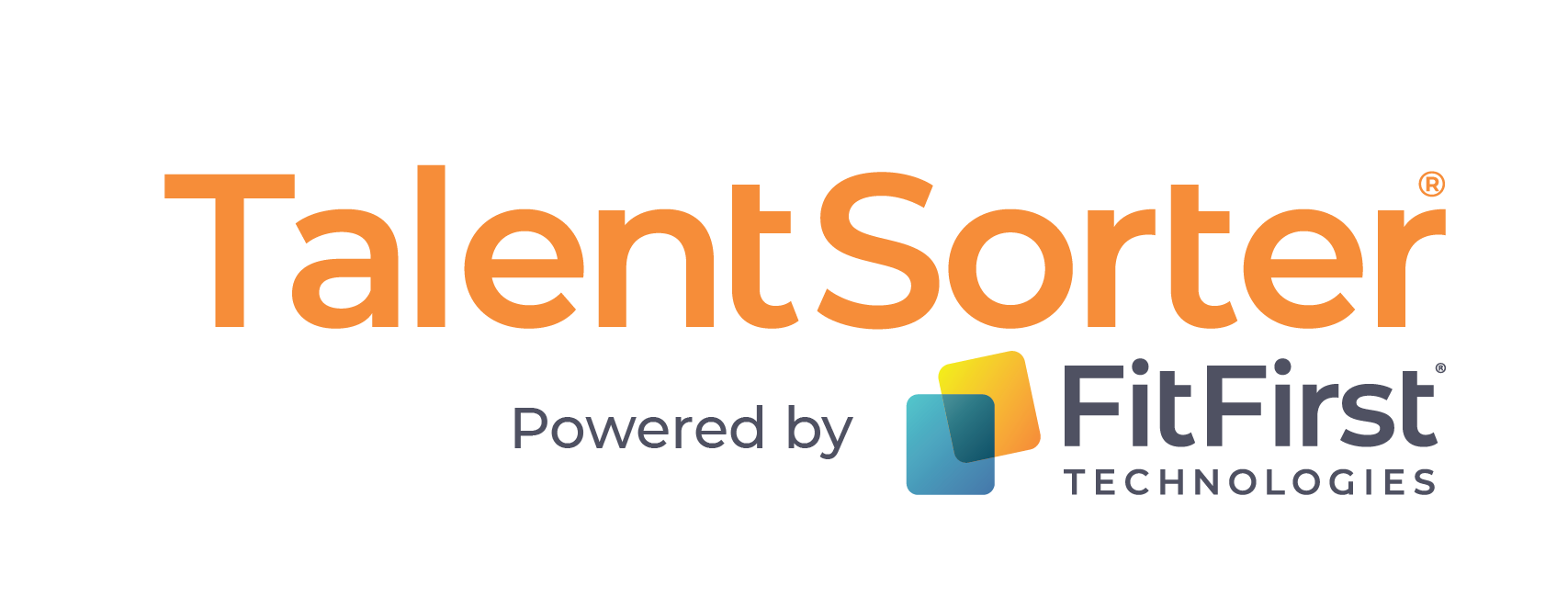Updated: August 28th, 2019
In today’s gig economy, freelance workers are more in demand than ever.
Working with freelancers offers small businesses (and large ones too) the flexibility to hire for project-specific expertise whenever needed, without long-term commitment.
It’s a cost-efficient approach to staffing which can help businesses remain nimble and competitive.
However, relying on freelance staff comes with potential pitfalls. Lack of commitment, communication challenges created by distance and different time zones, and clashes with your corporate culture can all cause problems.
How do you ensure you’re hiring not only the best freelance talent but also the best fit for your project?
Follow these five tips for success:
1. Clearly define the project
Set your freelance staff up for success by first clearly defining the scope of the project and their specific roles within it.
Compile all the required information, tools, and contacts the freelancer will require to complete the job well.
Set out specific goals, benchmarks, deliverables and deadlines for every stage.
The more information you can provide in the job description and project brief, the more likely you are to find candidates who can deliver results.
2. Hire an expert
Now that you have defined the project, it should be easy to determine what type of expertise you require from a freelancer.
While freelance generalists are widely available and easy to find, your business will be best served by hiring a specialist with extensive experience in the specific tasks you have identified for the freelancer.
Due diligence is critical; anyone can call themselves an expert.
Avoid disappointment by asking for several examples of prior work, following up with past clients and other references, and conducting a test assignment to evaluate the freelancer’s skills yourself.
3. Notify your network
Online job sites such as Indeed.ca and platforms catering specifically to freelance consultants are ideal places to advertise your position, however don’t ignore your own network.
Personal recommendations from friends, colleagues, and clients are often the most effective sources to find freelancers who truly fit your needs.
Let them know you are looking. Share the job description and project details on your personal and professional social media channels such as Facebook and LinkedIn.
4. Get it in writing
Prevent disagreements and disputes by providing a detailed contract and non-disclosure agreement for all parties to sign.
The contract should include the project brief, deliverables and deadlines, terms of service, payment amounts and dates, penalties for work not received / completed, and cancellation clauses should either party decide to terminate the agreement.
5. Communication is key
Whether the freelancer joins your staff on site for the duration of the project or works remotely, maintaining clear and consistent communication is key to success.
Even remote and short-term employees need to be a good fit with your corporate culture, company values, and management style.
Determine how frequently you need to communicate and whether your primary mode will be by in person, by phone, email, video call, etc.
Create a regular schedule for daily or weekly briefings and stick to it.
Finding freelancers who fit
Finding a freelancer is easy; finding the best freelancer for your business is trickier.
Knowing precisely which skills, experience and personality traits will contribute most to the success of your project takes the guesswork out of the search process.
While many platforms exist to help match employers with freelancers looking for work, they are not necessarily focused on finding the right freelancer for the job. TalentSorter is different.
The site uses a combination of AI, predictive analytics and behavioural science to determine the characteristics most critical to success in your specific position, then screens and ranks applicants based on their fit with those characteristics.
Want to learn more? Click here to see how science can help you hire freelancers who fit.

